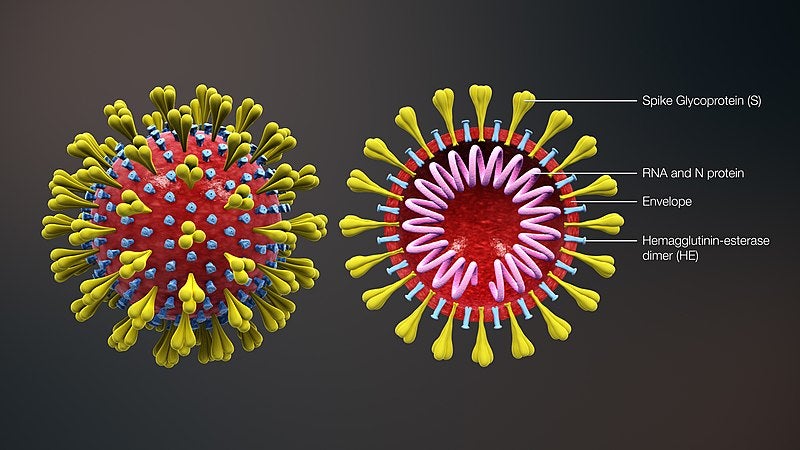
Visit our Covid-19 microsite for the latest coronavirus news, analysis and updates
Follow the latest updates of the outbreak on our timeline.
Japan’s Tokyo-Nagoya maglev rail line project construction has been suspended due to the coronavirus (Covid-19) pandemic.
Last week, the Japanese Government declared a state of emergency as the number of cases continue to rise in the country.
The 236km-long magnetic-levitation line, which is expected to reduce the journey between Tokyo and Nagoya to 40min, is being developed by Central Japan Railway.
Construction work has stopped in Tokyo and Kanagawa Prefecture.
Nikkei Asian Review quoted a company representative as saying that ‘individual decisions will be made after verifying the intentions of contracting companies’.
The rail line is expected to start operations by 2027.
The state of emergency announced by Japanese Prime Minister Shinzo Abe covers Tokyo, along with six other prefectures.
The rail project suspensions in the affected areas are expected to last until 6 May and will continue if the restrictions are extended.
Some of the other affected companies are Japanese contractor Shimizu, Nishimatsu Construction and Tokyu Construction, who is in talks with clients regarding the suspensions.
The pandemic has so far claimed more than 120,000 lives around the world and infected more than 1.9 million people. Japan has reported more than 7,600 confirmed cases with 143 deaths.
Last week, China restarted the construction work on all metro and railway projects that were suspended due to the pandemic.



